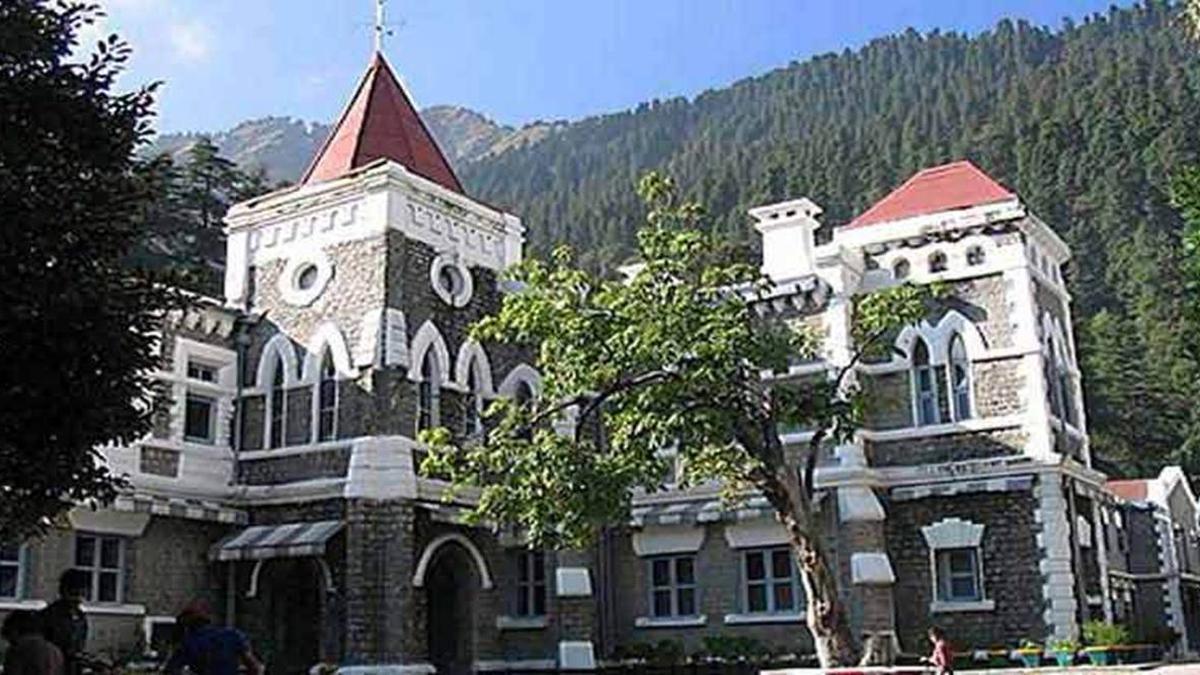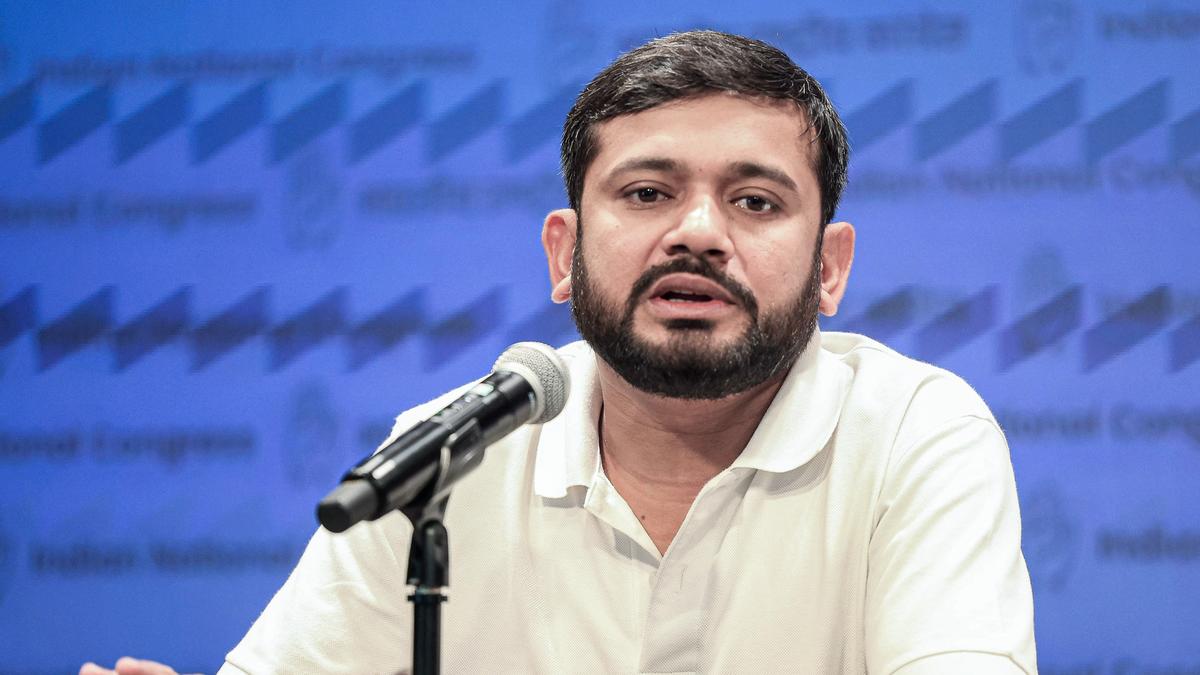Now Reading: SC Directs Uttarakhand HC to Rule on Haridwar Temple Receiver Appointment
-
01
SC Directs Uttarakhand HC to Rule on Haridwar Temple Receiver Appointment
SC Directs Uttarakhand HC to Rule on Haridwar Temple Receiver Appointment

Swift Summary
- Supreme Court Directive: On August 19, 2025, the supreme Court directed Uttarakhand High court to decide on a plea by Mahant Bhawani Nandan Giri, a “sevayat” (priest) of the Maa Chandi Devi Temple in Haridwar, seeking a stay on orders appointing a receiver for temple management oversight.
- District Magistrate Report: The Supreme Court asked the district magistrate (DM) of Haridwar to submit a report on mismanagement allegations at the temple within six weeks.
- Petitioner’s Argument: Giri argued that the high court acted without evidence or complaints of mismanagement adn did not issue notice or hear his side before delegating control to the Badri Kedar Temple Committee.
- Background Claims: The petitioner stated his family has managed temple affairs since its founding in the 8th century by Adi Shankaracharya. He criticized directions as arbitrary and in violation of natural justice principles.
- High Court Context: The order was passed during an anticipatory bail hearing involving rohit Giri (current head priest), whose wife filed criminal allegations concerning personal disputes. Rohit Giri is also under custody for molestation charges.
- High Court Observations: It cited concerns over trustees creating “a noxious atmosphere,” alleged complete mismanagement, and possible donation misuse.
Indian Opinion Analysis
This case underscores critical questions about accountability, governance structures within religious institutions, and fairness in judicial interventions. While temples like Maa Chandi Devi hold historical meaning and have deep cultural roots dating back centuries, their administration often intersects complex legal arguments surrounding traditional management rights versus modern oversight mechanisms.
The Supreme Court’s directive reflects procedural fairness by seeking factual clarity from local authorities before rushing judgments.It also highlights India’s broader tension between preserving heritage practices-such as hereditary priesthood-and safeguarding public trust against potential misuse or corruption within religious trusts. Given increasing scrutiny over similar issues across india’s temples and shrines, this case could set important precedents for balancing tradition with lawfulness.
Further developments will depend on weather claims around administrative integrity are validated through evidence or disproved via impartial reporting.
read more at: The Hindu
























